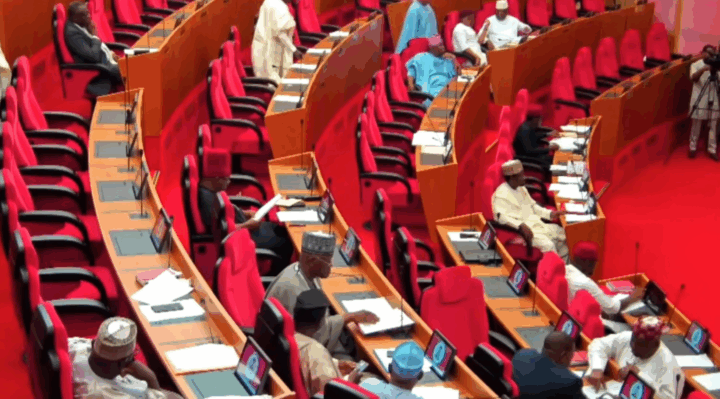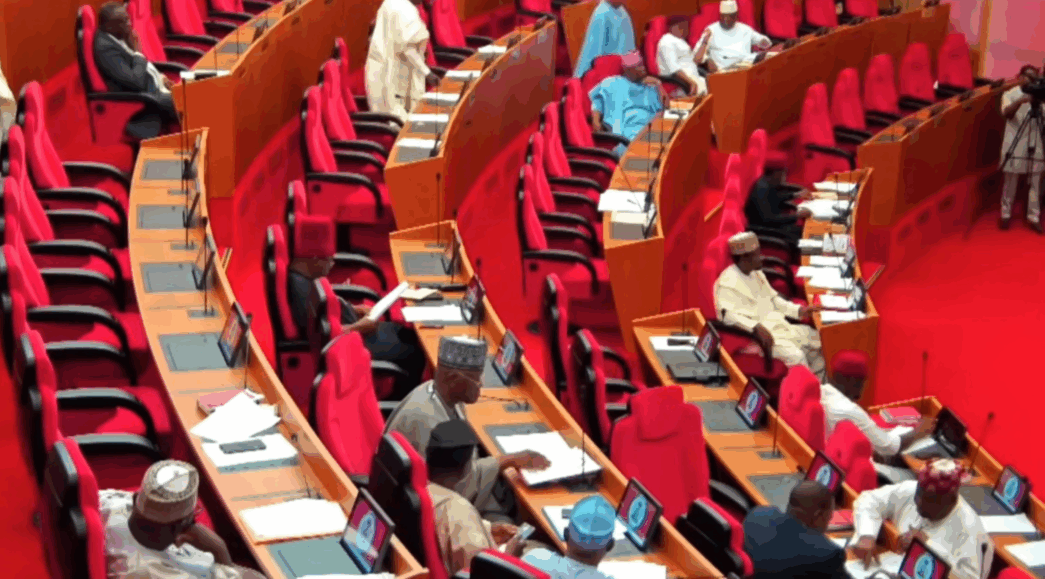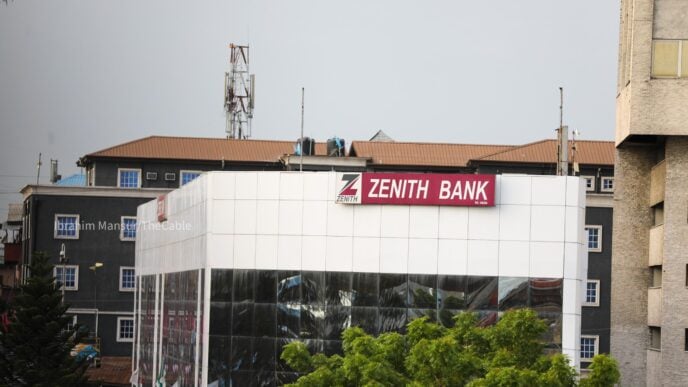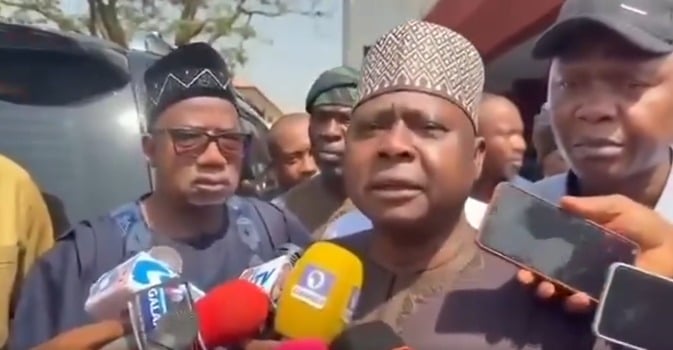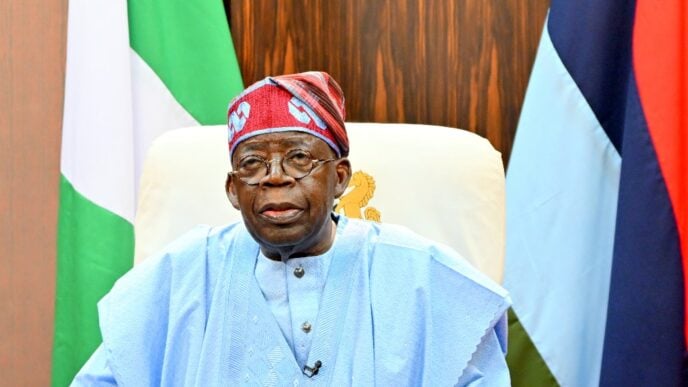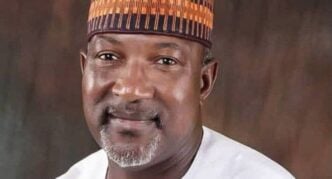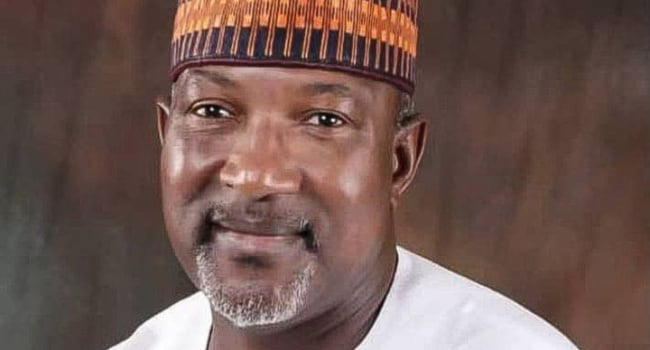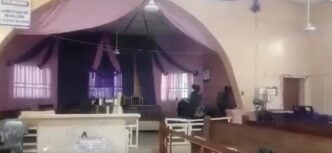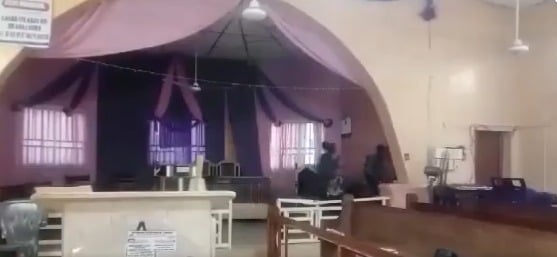The senate on Tuesday demanded an immediate investigation into the more than $30 million spent on Nigeria’s safe-school programme.
The red chamber also urged President Bola Tinubu to authorise the recruitment of 100,000 additional military personnel to tackle the growing threat of school abductions across the country.
The resolutions followed a motion of urgent national importance moved by Abdullahi Yahaya, senator representing Kebbi north.
Lawmakers’ anger was triggered by Monday’s attack on Government Girls’ Comprehensive Secondary School, Maga, in Kebbi state, where terrorists killed the vice-principal, wounded a school guard and abducted 25 students despite the presence of police.
Advertisement
The incident prompted calls for a complete overhaul of Nigeria’s security architecture and a rigorous audit of funds allocated to school protection since 2014.
Presided over by Senate President Godswill Akpabio, the session opened with a sombre review of the attack before lawmakers moved into a closed-door meeting to discuss classified security matters.
A minute’s silence was observed in honour of the slain vice-principal, with prayers offered for the safe return of the abducted students.
Advertisement
Adams Oshiomhole, senator representing Edo north, criticised the safe school programme, saying billions spent at federal, state and donor levels had failed to protect vulnerable institutions.
“What happened to the money earmarked for the safe school programme? People have turned security into business,” Oshiomhole said.
“We cannot monetise the deaths of our citizens. If these funds were properly used, we should not still be witnessing terrorists walking into schools to kidnap children with ease.”
Oshiomhole also called for urgent recruitment of 100,000 new military personnel, arguing that Nigeria’s current forces are insufficient.
Advertisement
“We don’t have enough men and women in uniform to cover this country,” the former Edo state governor said.
“This recruitment will not only boost our defence capacity but also provide employment for our youth.”
Akpabio supported the probe, saying Nigerians deserve full transparency given repeated attacks on children.
“These criminals are going after soft targets. We must find out why the safe-school programme has failed to protect them,” he said.
Advertisement
Ahmad Lawan, former senate president, warned that Nigeria risks “losing an entire generation” if school attacks continue.
Orji Kalu, senator representing Abia north, urged governors to share responsibility in tackling insecurity, recalling his own experience while in office.
Advertisement
“Security should not only be the job of the federal government. I have never blamed former President Olusegun Obasanjo while I was a governor,” he said.
“I had gone out of my way to help Anambra and other states in terms of security.”
Advertisement
Victor Umeh, senator representing Anambra central, called for technology-driven intelligence to track and rescue abducted students.
“This matter is what many people don’t want to discuss anymore. But it is a matter of national importance,” Umeh said.
Advertisement
“They were taken away and are still being moved around. So, we urge security agencies to deploy their technology to find them.”
Simon Lalong, senator representing Plateau south, questioned the effectiveness of the World Bank–supported safe school initiative, drawing parallels with the 2014 Chibok abductions.
“This is the same fate that befell our Chibok girls. It should be treated as a matter of national security before it turns into another Chibok experience,” Lalong said.
Sani Musa, a senator representing Niger east, said the armed forces were overstretched and called for the involvement of community leaders in intelligence gathering.
The senate resolved to set up an ad hoc committee comprising the committees on finance, defence, army, air force, education and police affairs to investigate all appropriations and expenditures under the safe-school programme.
The senate also adopted an additional prayer moved by Oshiomhole, demanding the recruitment of 100,000 youths into the armed forces and the deployment of modern surveillance and intelligence technology to combat insecurity.
